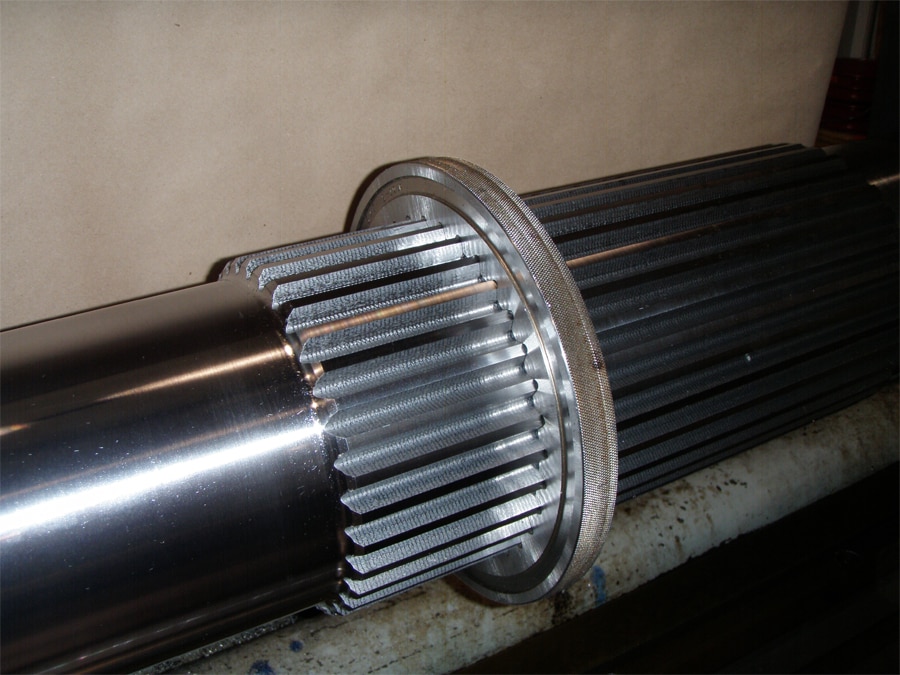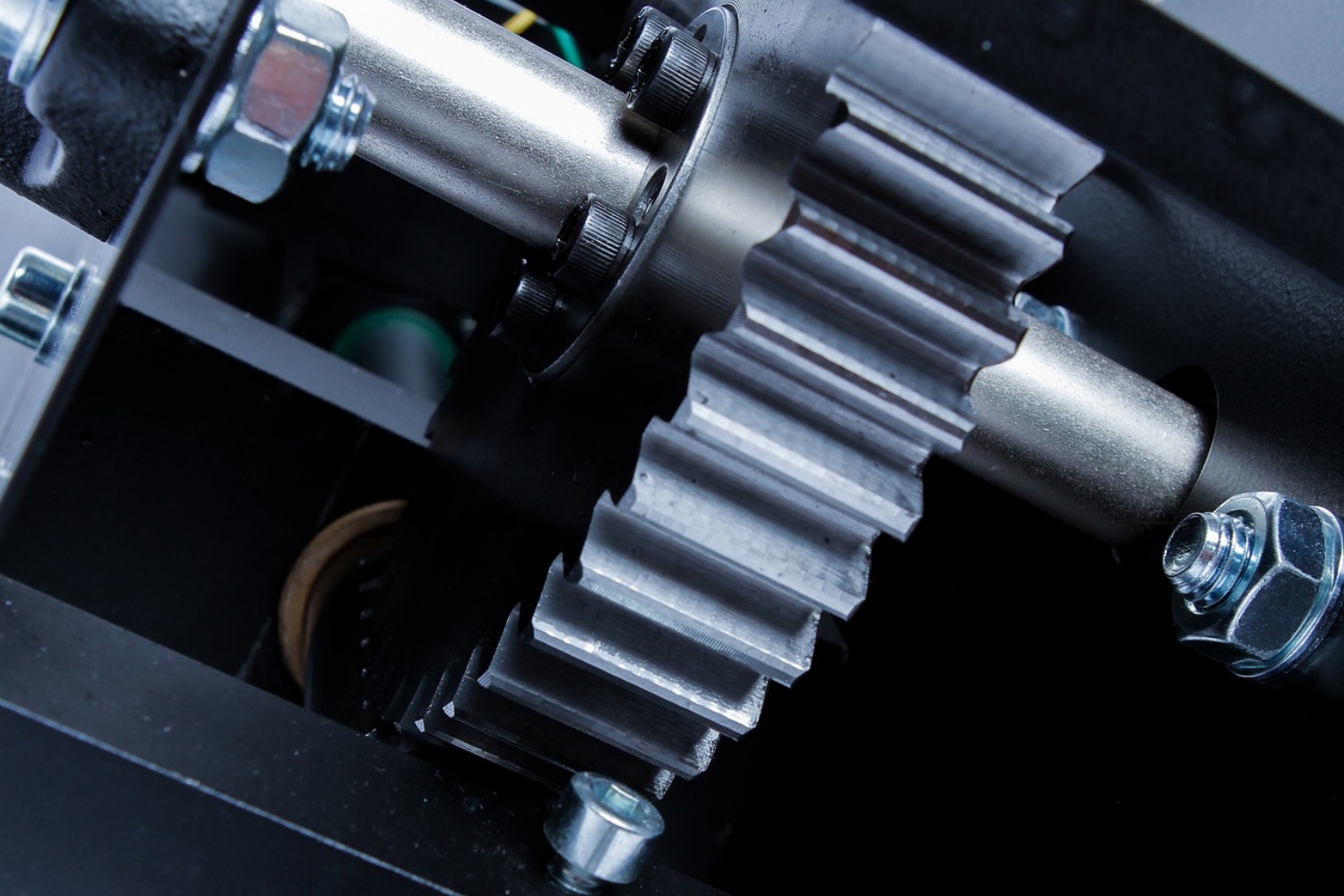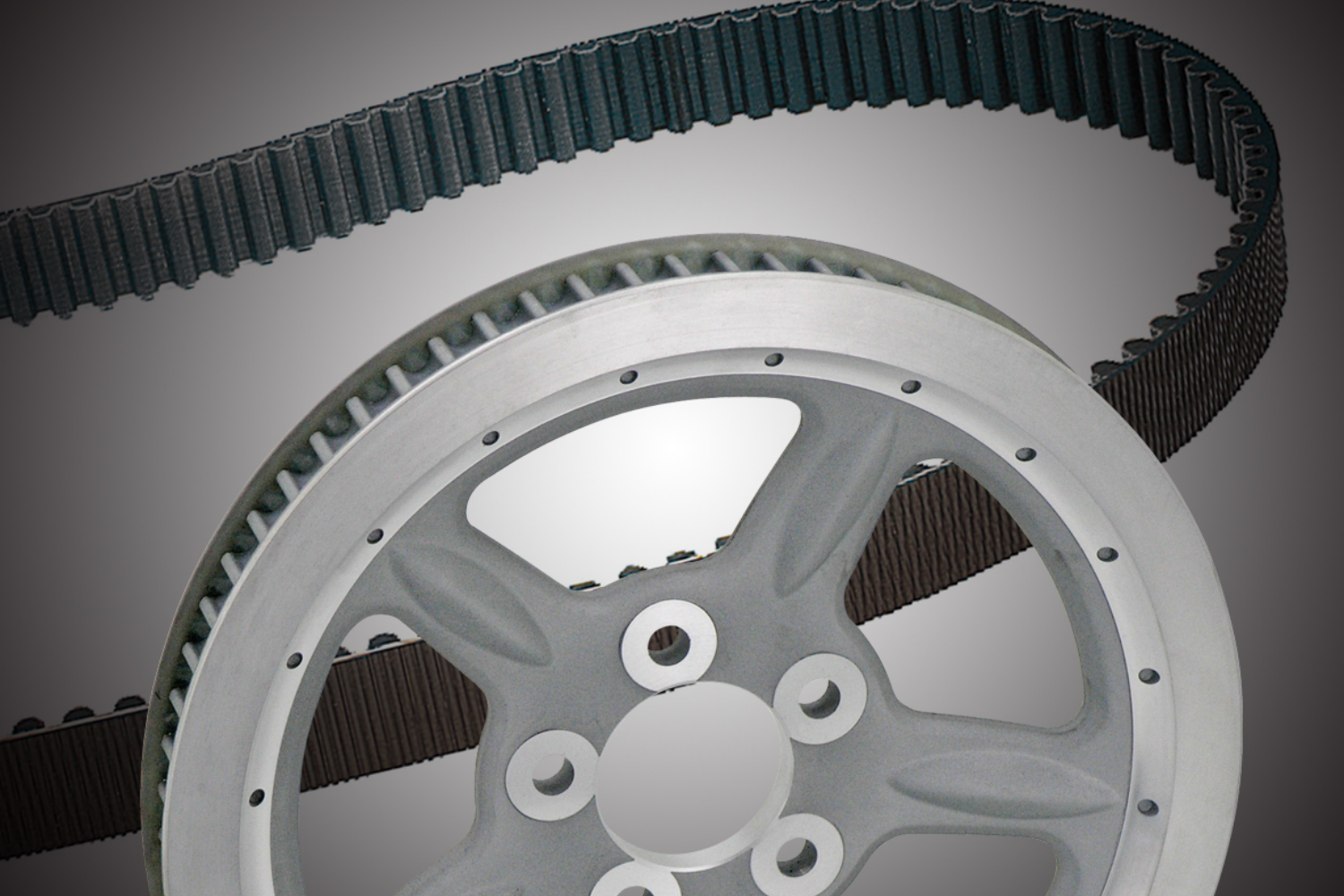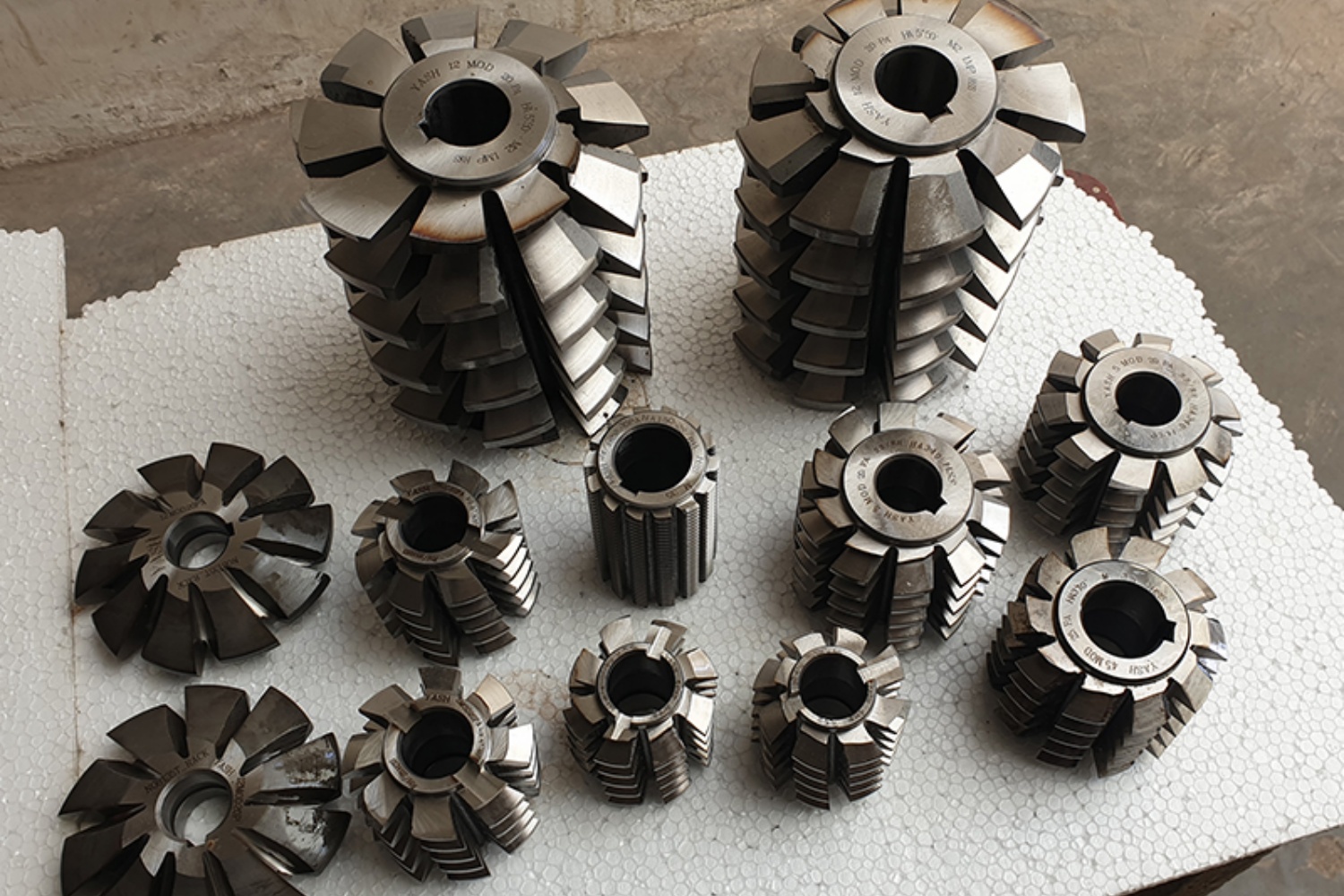When it comes to transmitting torque and motion in machinery, the choice between spline shafts and keyed shafts is a critical decision. Each of these components has its own set of advantages and disadvantages, and the right choice depends on the specific requirements of your machinery.
Spline Shafts: Precision and Flexibility
Spline shafts are known for their ability to transmit torque while allowing axial movement. They consist of a series of ridges or grooves (spline teeth) that mesh with a corresponding component, typically a mating spline bore. Here are some key advantages of spline shafts:
- Precision: Spline shafts provide excellent torque transmission with minimal backlash, making them ideal for applications that demand precision, such as automotive transmissions and precision machinery.
- Smooth Operation: Spline shafts offer smooth, continuous motion without the sudden engagement associated with keyed shafts. This feature is beneficial in applications requiring constant speed and minimal vibration.
- Axial Movement: Spline shafts allow for axial movement, which can be advantageous in applications where components need to move axially while transmitting torque, such as in hydraulic systems.
- Uniform Load Distribution: The multiple teeth of spline shafts distribute loads more evenly compared to a single keyway on a keyed shaft, reducing the risk of stress concentration.
Keyed Shafts: Simplicity and Strength
Keyed shafts, on the other hand, are straightforward and robust. They feature a keyway that fits into a corresponding slot in a mating component, ensuring precise torque transmission. Here are some key advantages of keyed shafts:
- Simplicity: Keyed shafts are simple to design, manufacture, and install. They are widely used in a variety of applications, including industrial machinery and power transmission systems.
- High Torque Capacity: Keyed connections can handle high torque loads, making them suitable for heavy-duty applications such as large industrial equipment.
- Cost-Effective: Keyed shafts are often more cost-effective than spline shafts, making them an attractive choice for budget-conscious projects.
- Easy Replacement: If a keyed component wears out or becomes damaged, it can be relatively easy to replace without requiring the replacement of the entire shaft.
Choosing the Right Option
The choice between spline shafts and keyed shafts should be based on several key factors:
- Precision Requirements: If your machinery requires high precision and minimal backlash, spline shafts may be the better choice.
- Axial Movement: If your application involves components that need to move axially while transmitting torque, spline shafts provide the necessary flexibility.
- Torque Load: Consider the torque load your machinery will experience. For heavy-duty applications, keyed shafts may be more suitable due to their high torque capacity.
- Cost Constraints: If budget is a significant concern, keyed shafts are generally more cost-effective.
- Application Complexity: Evaluate the complexity of your application. Spline shafts can offer solutions for applications with intricate motion requirements.
- Maintenance and Replacement: Consider ease of maintenance and potential replacement requirements over the lifespan of your machinery.
Both spline shafts and keyed shafts have their merits, and the choice ultimately depends on the specific needs of your machinery or equipment. Whether you prioritize precision, simplicity, high torque capacity, or cost-effectiveness, understanding the advantages and limitations of each option is crucial for making the right decision. Consulting with experts in the field can also provide valuable insights and ensure that your choice aligns perfectly with your machinery’s requirements, contributing to its overall efficiency and performance.
CONTINUE READING
Related Posts
In the world of industrial manufacturing, the efficiency and reliability of transmission systems are critical to the success of any […]
In industrial settings, a smooth and quiet power transmission system is crucial for productivity, safety, and worker comfort. V Belt […]
Splines play a critical role in mechanical power transmission systems, enabling rotational motion and torque transfer between mating components. These […]





